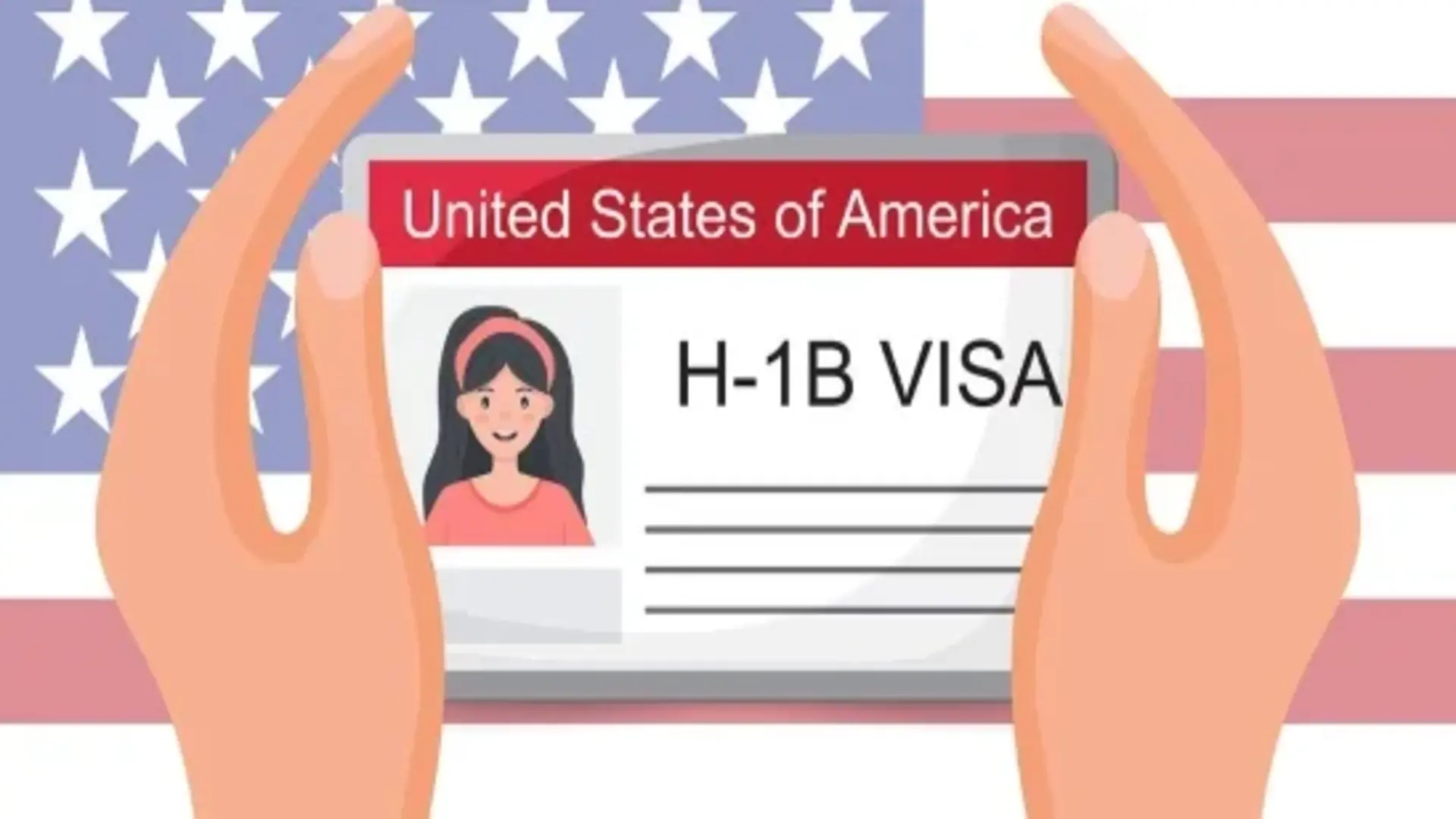While the digital age has brought about incredible convenience, it has also given rise to a new class of cybercriminals who use technology to trick innocent people. One of the most dangerous and concerning scams that is surfacing in recent times is the “Digital Arrest”.
Prime Minister Narendra Modi has cautioned against an emerging cybercrime trend in India— scams involving “Digital Arrest”. The PM warned citizens of fraudsters posing as law enforcement or government officials, targeting individuals via phone and video calls to extort money. He urged people to stay vigilant and said that “Digital Arrests” are fake and advised citizens to follow the “Stop, Think, And Act” Approach. The Prime Minister during the 115th episode of Mann Ki Baat on October 27, 2024 said that those involved in the crime are enemies of society.
HOW DOES THE DIGITAL ARREST SCAM WORK?
Usually, the scam starts with an unsolicited phone call or video call from someone posing as a representative of a government entity, including the police, the CBI, or other law enforcement organisations. These con artists use a range of strategies to instill fear in their targets:
False Accusations: The callers falsely claim that the victim has committed significant crimes such as financial fraud, drug trafficking, or money laundering.
Threat of Arrest: If the victim doesn’t comply, the con artists use the threat of an instant arrest to instill a sense of urgency.
Isolation and intimidation: In order to keep things under control, victims are frequently told to spend a lot of time on the video call. This keeps them from asking for assistance or double-checking the information.
Financial Demands: Getting money out of the victim is the ultimate objective. Scammers frequently want early payments for bail, avoid negative publicity, and cover legal fees.
Psychological Manipulation: The fraudsters heighten the victim’s emotional state and make them more vulnerable by using techniques like fake sobbing noises for the background or posing as family members.
Parcel Scam: The victim is informed that a parcel containing illegal items has been intercepted, and they are implicated in the crime.
Involvement of Family Members: The scammers claim that a family member is involved in a crime and needs immediate financial assistance.
Aadhaar or Phone Number Misuse: The victim is accused of using their Aadhaar or phone number for illegal activities.
WHAT IS A SCAM INVOLVING A DIGITAL ARREST?
In a scam involving a digital arrest, cybercriminals contact a target, pretending to be government officials from law enforcement agencies like the CBI, Narcotics Control Bureau, or Customs officers. Using a combination of audio and video calls through platforms such as WhatsApp or Skype, they intimidate victims by accusing them of involvement in illegal activities – transporting drugs or dealing in contraband goods, supposedly detected through suspicious packages, money laundering investigations, or the misuse of personal information such as Aadhaar details. The scammers’ goal is to convince the victim they’re under a “digital arrest”, or an online arrest, and must follow strict instructions. Often, victims are told to stay on video calls and not leave their homes, isolated from family and friends. The criminals create an elaborate ruse, leveraging props like uniforms, government office backdrops, and deepfake videos to convince victims of their authority.
Scammers pretend to be high-ranking officials, citing false investigations and conjuring charges that create fear. The impersonators often threaten consequences like jail time, making victims feel helpless. They use a sense of urgency to make victims act impulsively. Victims are typically asked to isolate themselves and in certain cases, show a 360 view of the room they are in while remaining under video surveillance until a supposed “investigation” is over, making the victim feel trapped. Scammers may also use fake arrest warrants or court orders to increase their legitimacy, even holding mock court sessions online to further validate their threats.
According to the National Cybercrime Reporting Portal, India saw a massive spike in digital arrest scams in 2024. During the first quarter alone, Indians lost Rs 120.3 crore to digital frauds, a significant portion of which were digital arrest scams.
ANALYSIS OF THE CASES
A 50-year-old journalist from Delhi lost Rs 1.86 crore in an online scam, a retired government official in Noida was duped of Rs 1.19 crore and a 27-year-old woman from Ahmedabad was forced to undress on a webcam before being extorted for Rs 5 lakh by cybercriminals.
In another incident, Vardhman Group chairman SP Oswal lost Rs 7 crore after being “digitally arrested” by scammers who held him under Skype surveillance for two days. They went so far as to impersonate Chief Justice of India DY Chandrachud, conducting a fake court hearing to extort money. Similarly, a Hyderabad techie endured a 30-hour ordeal on October 27, during which cybercriminals coerced him into staying at a lodge under false charges of money laundering linked to his Aadhaar. He finally escaped after his video call dropped, and he sought help from cybercrime authorities.
Digital arrest scams are particularly effective due to their psychological manipulation. By creating a scenario that seems urgent and serious, scammers exploit fear, authority, and isolation tactics, making victims believe they have no choice but to comply. These criminals are now trying to exploit the human psyche. Earlier, their modus operandi was to tell victims that drugs had been found in their parcel. Victims pay money due to public reputation and legal consequences. Criminals even ask people to pay a penalty or hire a lawyer. Once you pay, they know victims now believe the story. Then victims asked to sit in front of the camera until they clear the entire amount.
HOW TO PROTECT YOURSELF FROM DIGITAL ARREST?
While the digital arrest scam is highly sophisticated, there are several steps you can take to protect yourselves:
Beware of Unsolicited Calls: Avoid answering calls from unknown numbers, especially those claiming to be from government agencies.
Verify Information: If you receive a call from someone claiming to be a law enforcement officer, verify their identity by contacting the agency directly through official channels.
Never Share Personal Information: Avoid sharing personal details like bank account numbers, credit card information, or passwords with anyone over the phone or online.
Stay Calm: Scammers rely on fear and panic. If you feel pressured or threatened, end the call immediately.
Educate Yourself: Stay informed about the latest scams and share information with your family and friends.
Report the Scam: If you believe you have been a victim of a digital arrest scam, report it to the local police and cybercrime authorities.
To combat digital arrest scams, Modi said that India’s investigative and cybercrime agencies are working with state governments to address the issue. The establishment of the National Cyber Coordination Centre is part of a larger “whole of government” strategy to enhance inter-agency cooperation. Modi also mentioned the National Cyber Helpline 1930, or to report on cybercrime.gov.in, or inform family and police, and preserve evidence.
Law enforcement agencies and government bodies are actively working to combat the digital arrest scam. They have issued public advisories, blocked fraudulent phone numbers, and are investigating cases to apprehend the culprits. However, prevention is key. By being aware of the scam and taking necessary precautions, you can significantly reduce your risk of falling victim.
Dr.S.Krishnan is an Associate Professor in Seedling School of Law and Governance, Jaipur National University, Jaipur.
Moazzam Daksh is a 2nd year student of BALLB in Seedling School of Law and Governance, Jaipur National University, Jaipur.























